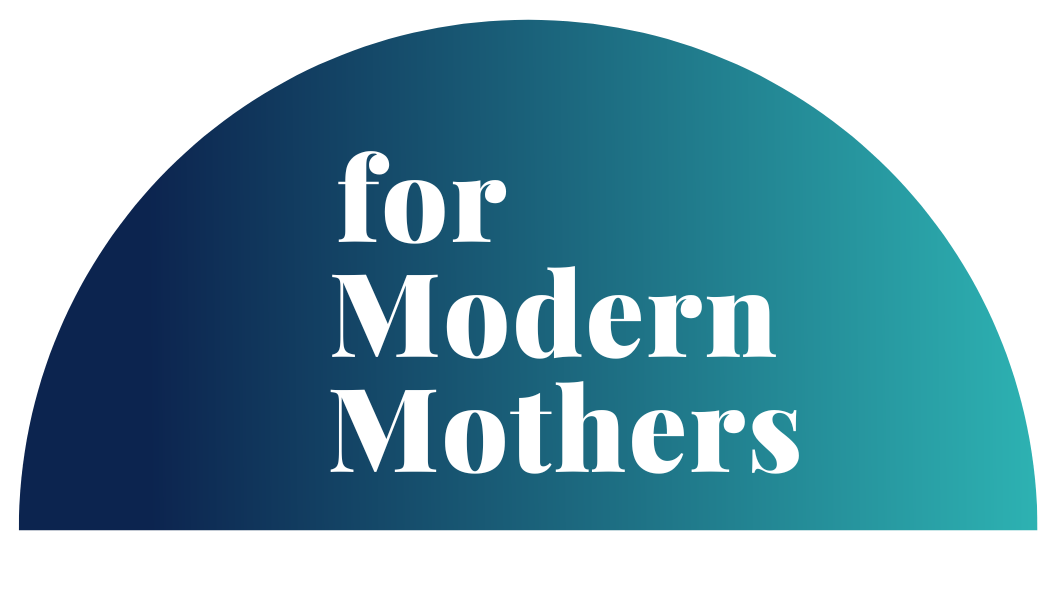Know Your Rights in Pregnancy & Birth
Knowing your right in pregnancy and birth
Just because you are pregnant or giving birth doesn’t mean your human rights evaporate!
Being treated with the same respect, dignity, privacy and care as any other human being in our country is important. Not having your human rights (as defined in law) respected can affect you during your labour and birth, and also long after the event if your rights are not respected and the laws of the country not upheld by your health care professionals (midwives, doctors - all of them need to obey these laws).
If you feel that anyone providing your healthcare is working within these laws you may need to call them out. Do it, it is SO important. Your emotional and mental wellbeing is valuable, they are their to support you and not to tell you what to do.
Here are some specific things about your rights and the law around your care, that can be really useful to know when you are pregnant or in labour
This information is from the BirthRights website - an excellent resource.
Birth Right 1 - choices
Human rights laws give you the right to receive maternity care.
The law give you the right to make your own choices about your maternity care. While the choices may be complex, they are entirely yours to make
Birth Right 2 - Dignity & Autonomy
The care that health professionals give you in maternity must respect your dignity and your freedom to make decisions about yourself (this freedom is called autonomy).
The right to autonomy and the requirement for health professionals to seek informed consent stated in law.
Birth Right 3 - Consent
Any medical procedure cannot be carried out without your consent.
Healthcare professional must ask you before they examine you, investigate anything, or give you any care, treatment or medication.
You must be asked whether or not you agree to EVERY medical procedure, EVERY time.
Birth Right 4 - Clear Asking
All Health Care Professionals must be clear about what they are asking you.
So if your midwife wants to carry out a vaginal examination, they need to tell you in language that makes it clear that they will be putting their fingers inside you. Saying something like, ‘Can you just hop up on the bed and we’ll have a look and see how you are doing’ is NOT clear.
Birth Right 5 - Informed Choice
Failing to give sufficient, objective and unbiased information for someone to make an informed choice breaks the law. A generic leaflet is not good enough. Their discussion must be adapted to your unique situation and circumstances.
Birth Right 6 - You do not have to ‘please’ a health care professional
Remember that you do not have to agree to any procedure, test or treatment.
It is not your role to 'please' healthcare professionals. They are now allowed to coerce or bully you, however ‘nice’ they seem.
It is their role to look after you in the way that you want.
Birth Right 7 - Hospital policy & Guidelines
You do not have to agree to a procedure simply because they are 'standard' or the policy in a particular hospital or birth centre.
Birth Right 8 - You have the power to say NO
The power balance is always in your favour. You have the power to say no. Your health care professionals cannot make you do anything.
The right to make choices about childbirth includes the right to decline any medical care at all.
Birth Right 9 - Consent in advance - you can change your mind
In some cases you might be asked for consent ahead of time. But you can still change your mind afterwards.
So if you have been booked for an induction or caesarean you can change your mind and decline at any time - including on the day.
Resources:
There’s more information about your right in birth here:
https://www.birthrights.org.uk/
https://www.aims.org.uk/general/human-rights-law
Book: The AIMS Guide to Your Rights in Pregnancy and Birth by Emma Ashworth
AIMS Helpline: by emailing helpline@aims.org.uk or calling +44 (0) 300 365 0663
And please do share this post with anyone who is pregnant you know.
Susan x

